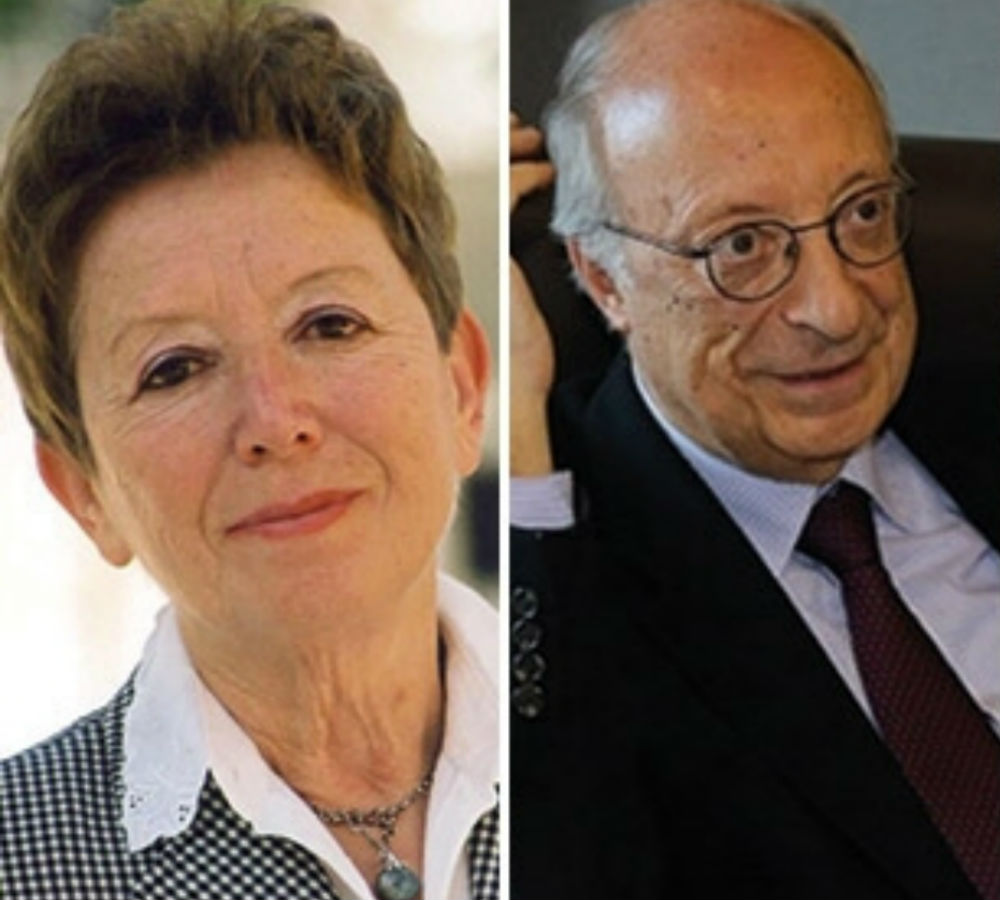Declaration signed by 34 intellectuals, including writers, academics, journalists and activists, urges Turkish government not to use emergency decrees for any other purposes than to bring coup plotters to justice and to stop suspension of constitutional rights during the state of emergency.
Those who signed the declaration are; Ahmet İnsel, Ahmet Şık, Akın Atalay, Aydın Selcen, Ayşe Erzan, Ayşegül Devecioğlu, Baskın Oran, Burhan Şenatalar, Binnaz Toprak, Doğan, Erdoğan Aydın, Eşber Yağmurdereli, Ezgi Başaran, Fikret İlkiz, Gençay Gürsoy, Gülseren Onanç, Haluk İnanıcı, Hakan Altınay, Hülya Gülbahar, Hüsnü Öndül, İbrahim Kaboğlu, Kadri Gürsel, Koray Çalışkan, Mehmet Güleryüz, Nesrin Nas, Orhan Silier, Osman Kavala, Oya Baydar, Ömer Faruk Gergerlioğlu, Rıza Türmen, Şanar Yurdatapan, Tahsin Yeşildere, Temel İskit and Ümit Kıvanç.
“Closing universities, associations, unions, foundations and media organs without a court ruling, seizing properties and purging large numbers of people are worrying practices. Photos revealed by media that show signs of battery and derogatory behavior [against those detained after attempted coup] must be investigated and malpractice and torture should not be allowed under any circumstances,” the intellectuals said in the declaration.
They also underlined that journalists, writers and academics cannot be said to be be linked to the failed coup attempt because they work at the media organs sympathetic to Turkish Islamic scholar Fethullah Gülen. “And it cannot serve as a justification for their detention,” they added.
Intellectuals urged the ruling Justice and Development Party (AK Party) to release unlawfully detained people, saying, “If there are not any evidence showing their links to the attempted coup, we see it as an immediate obligation for those detained journalists, writers and academics to be released at once.”
They finally said that they had expressed similar concerns during the Ergenekon trials. “We also emphasize today that Turkey can become a complete democracy only if the judiciary functions according to the modern rules and norms of law.”
The Ergenekon trials are a series of high-profile trials where 275 military officers, journalists and opposition lawmakers, all alleged members of a supposed organization called Ergenekon are accused of plotting against the Turkish government. Most of them received prison sentences.
A group of rebel soldiers, acting out of chain of command, attempted a military coup at around 10 p.m. on July 15, which left more than 200 people – including civilians – dead.
The Turkish government managed to suppress the coup attempt and launched a large-scale crackdown across the country on media, public servants, judges, prosecutors and teachers, along with rebels within the army. The detentions, arrests and massive purges that followed the crackdown widened and increased after a state of emergency was declared on July 20, concentrating power formally into the hands of Erdoğan by allowing him and his cabinet to make laws by fiat.
Erdoğan has accussed the Gülen movement of being behind the coup attempt and demanded extradition of Turkish Islamic scholar Fethullah Gülen from the US. Thousands of public servants, judges, prosecutors and journalists were detained by the Turkish police for allegedly having links to the Gülen movement.
Meanwhile, Gülen recently issued a statement condemning the failed military coup attempt in Turkey, calling the allegations of his involvement “demeaning.”
The Gülen movement is a grassroots social initiative inspired by Gülen and carries out charitable activities all around the world, including education, distributing humanitarian aid and providing drinking water especially in African countries.
The Gülen movement is not considered to have influence over the Turkish military, which is known for its Kemalist roots that is against the Gülen movement. The rebel military officials who attempted to stage a coup named themselves as “Council of Peace At Home,” in a declaration they forcibly had delivered via the state-run broadcaster TRT on Friday night. The name is a reference to “Peace at home, peace in the world,” which is a famous saying by Mustafa Kemal Atatürk, the founder of the Republic of Turkey.
Since a corruption investigation erupted on Dec. 17, 2013 and led to the resignation of four Cabinet ministers, Erdoğan has launched a witch hunt targeting shop owners, teachers, members of the judiciary, journalists and police officers who are accused of being affiliated with the Gülen movement, which is also known as the Hizmet movement. The graft probe implicated then-Prime Minister Erdoğan, members of his family and senior Justice and Development Party (AK Party) figures.
Erdoğan accused the Gülen movement of plotting to overthrow his government and said that sympathizers of the movement within the police department had fabricated the corruption scandal. Since then, hundreds of police officers have been detained and some arrested for alleged illegal activity in the course of the corruption investigation. Erdoğan openly said he would carry out a “witch hunt” against anyone with links to the movement. The Gülen movement strongly rejects the allegations brought against it.



